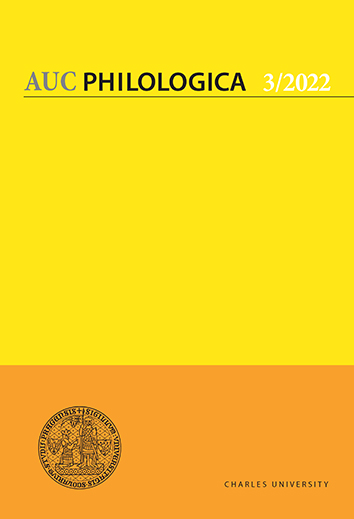Korpuslinguistische Betrachtungen zum grammatischen Wandel in DaF-Lehrwerken. Zwischen Authentizität und Lernbarkeit
A corpus-linguistic view on grammatical change in German as a Foreign Language textbooks. Between authenticity and learnability
Author(s): Lars BehnkeSubject(s): Social Sciences, Language and Literature Studies, Education, Applied Linguistics, Computational linguistics
Published by: Univerzita Karlova v Praze, Nakladatelství Karolinum
Keywords: didactics; German as a foreign language; grammatical change; textbooks on foreign language acquisition; language awareness
Summary/Abstract: The grammar of a language constantly changes. Synchronically this change is manifest in the emergence of alternate grammatical constructions. The side-by-side of old and new variants is part of a speaker’s language competence. Thus, a greater awareness of variation, which would allow learners to contextualize different variants, at least receptively, is demanded for the teaching German as a foreign language. The present paper investigates how five different textbook series of German as a foreign language deal with five different language change phenomena: (1) explicitly in productive exercises and grammatical overviews, (2) (for three of the five textbooks) implicitly in their audio- and reading material, which was compiled into a corpus. The distribution of variants was compared with the distribution in authentic texts, available in corpora of written and spoken speech. It turns out that the productive exercises aimed at the acquisition of grammatical constructions are limited to constructions, which are typical for written language use, although some textbooks draw attention to grammatical variants. In audio-material and reading texts, grammatical variation between new and old constructions, which is manifest most clearly in the distinction between oral and written speech, is present, but remains uncommented. On the basis of these data the paper argues for a more authentic approach and a more tolerant attitude towards phenomena of grammatical change in teaching German as a foreign language, which also includes their adequate production.
Journal: Acta Universitatis Carolinae Philologica
- Issue Year: 2022
- Issue No: 3
- Page Range: 11-39
- Page Count: 29
- Language: German

